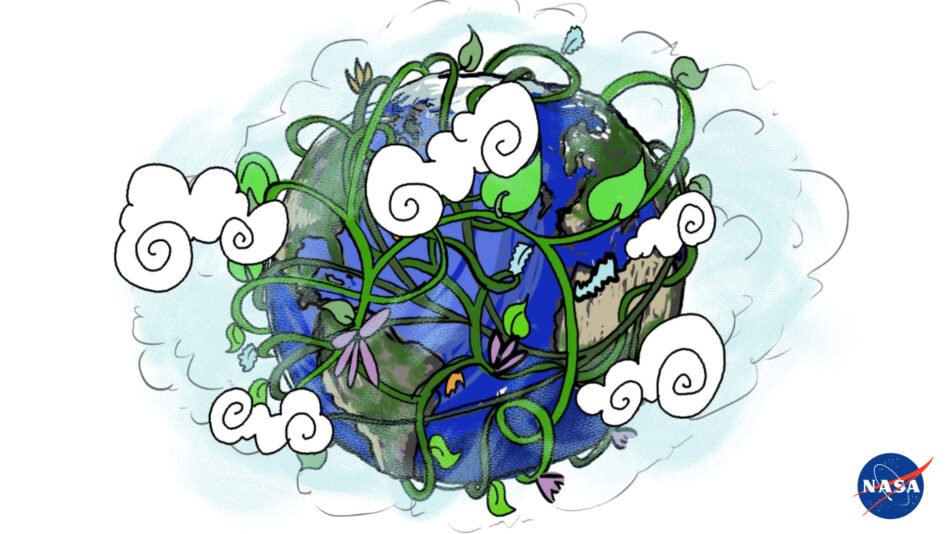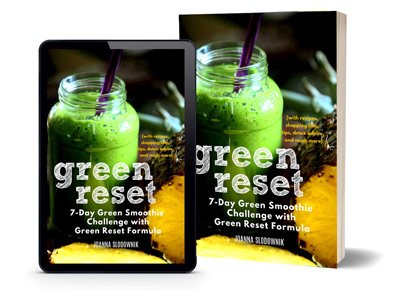The biosphere is as important as life itself because it is all of life. Without the biosphere, Earth would be a lifeless planet, such as Mars or Venus.
It seems obvious that without healthy biosphere, we not only won’t be able to produce healthy food but also maintain good health as a species.
And yet what our current actions we are putting our biosphere in danger, which basically means we’re cutting the branch we are sitting on—and that is not a smart thing to do.

Question: What is the number one activity that damages our planet’s biosphere that can also be fixed relatively easily and quickly?
Before we address this question, let’s talk a little more about what biosphere is.
What exactly is the biosphere?
Biosphere is a part of the Earth where all organisms (plants and animals) live. They live in thin upper part of oceans and everywhere on/within the land mass. At higher altitude, UV radiation and low temperatures disable life to spread. In the deep ocean, life is present in the depth of up to 500 m below oceanic floor.
The biosphere is a self-supporting and self-regulating system. Some scientists even think of the biosphere itself as a living organism. It’s been maintaining its delicate balance for billions of years.
But then we humans came around, and we’re putting so much stress on it we’re disrupting that balance.
We’re taking our planet and our precious biosphere for granted.
It’s always been here.
We can’t imagine it not being here.
But—what if we damage it beyond repair?
Is it even possible?
Why do we need to take better care of biosphere?
Here are some facts about our biosphere that you need to know:
Compared to the other spheres (lithosphere, atmosphere, hydrosphere), the biosphere is fragile.
Most organisms require particular levels of pH, water, nitrogen, carbon and oxygen among other things in order to survive. All conditions required for life must be met and maintained within this thin layer of groundwater and lower atmosphere.
Even though our planet Earth may seem very large to us, but the biosphere is very thin by comparison.
How can we protect and preserve the biosphere?
Some things may come to your mind, like reducing the use of fossil fuels, restoring damaged ecosystems by planting trees on land where forests have been cut down, in short—learning to live in a way that doesn’t hurt the environment, plus supporting activities that operate in ways that minimize damage to the environment.
All of these are valid.
And you probably already know that.
But none of them are quick and easy fixes.
There doesn’t seem ONE SIMPLE way to FIX MOST OF THESE PROBLEMS QUICKLY and efficiently… or is it?
So, what is the number one activity that damages our planet’s biosphere that can also be fixed relatively easily and quickly?
It’s our food system.
The way we produce food—and the animal food in particular—is the driving force behind a number of crises, including the climate change, biodiversity crisis, health crisis (including antibiotic resistance), ocean depletion, water pollution, deforestation, and the crisis of ethics (whereby we raise billions of animals in squalid conditions and kill them at very young age to eat them, even though more humane, healthful, and sustainable plant alternatives exist).
And this is NOT animal factory farm crisis, because the pasture-bread, grass-fed, free-range meat and dairy products are even worse in terms of how unsustainable they are (we would essentially need several planets to feed the global population on these types of foods).
We’re essentially EATING OUR WAY TO EXTINCTION.
And not just our extinction—
Extinction of MOST OF THE SPECIES THAT INHABIT THIS PLANET TODAY.
If you think this is an exaggeration—then you should know that the largest extinction since the times when dinosaurs were alive is going on RIGHT NOW. It’s called the Sixth Extinction.
Is there hope?
YES, ABSOLUTELY!
We must cultivate hope. But we also must take well informed action.
We’re in a unique situation to save earth as we know it, and save the life on it now and allow a livable future for those coming after us or we could ignore things, act like nothing’s happening or when we get around to it and allow it to continue on its current path to possibly be destroyed.
And all of us can help—which means all of us can become heroes, fighting for the greater good.
So, what’s at stake?
The extinguishing of our own species and thousands of other species—that’s what’s at stake.
We can essentially make or break humanity and our entire biosphere—that could be at stake.
So, what needs to change?
We need to stop those practices and habits that we administer every single day on a collective basis globally, that create an unnecessary and proportionately large resource footprint, beginning with—
THE FOOD WHAT WE EAT AND OUR AGRICULTURAL SYSTEMS, which have the largest environmental footprint of all.
THE ANIMAL FOODS WE CONSUME IS A LARGER RESOURCE GUZZLER THAN ANYTHING ELSE WE DO; IT ALSO HAPPENS TO BE THE VERY EASIEST TO CHANGE.
So, whether you’re ready to go completely plant-based or not, cutting down beef and other animal products, reducing the consumption by third, or half would be a step in the right direction.
Even though it’s not a time for baby steps, it’s better than nothing.
Don’t do nothing because you want to do everything.
We’re on very real timelines and it’s much worse now than it was ten or even five years ago. And any action you can take today toward a more plant-based diet is the right thing to do.

